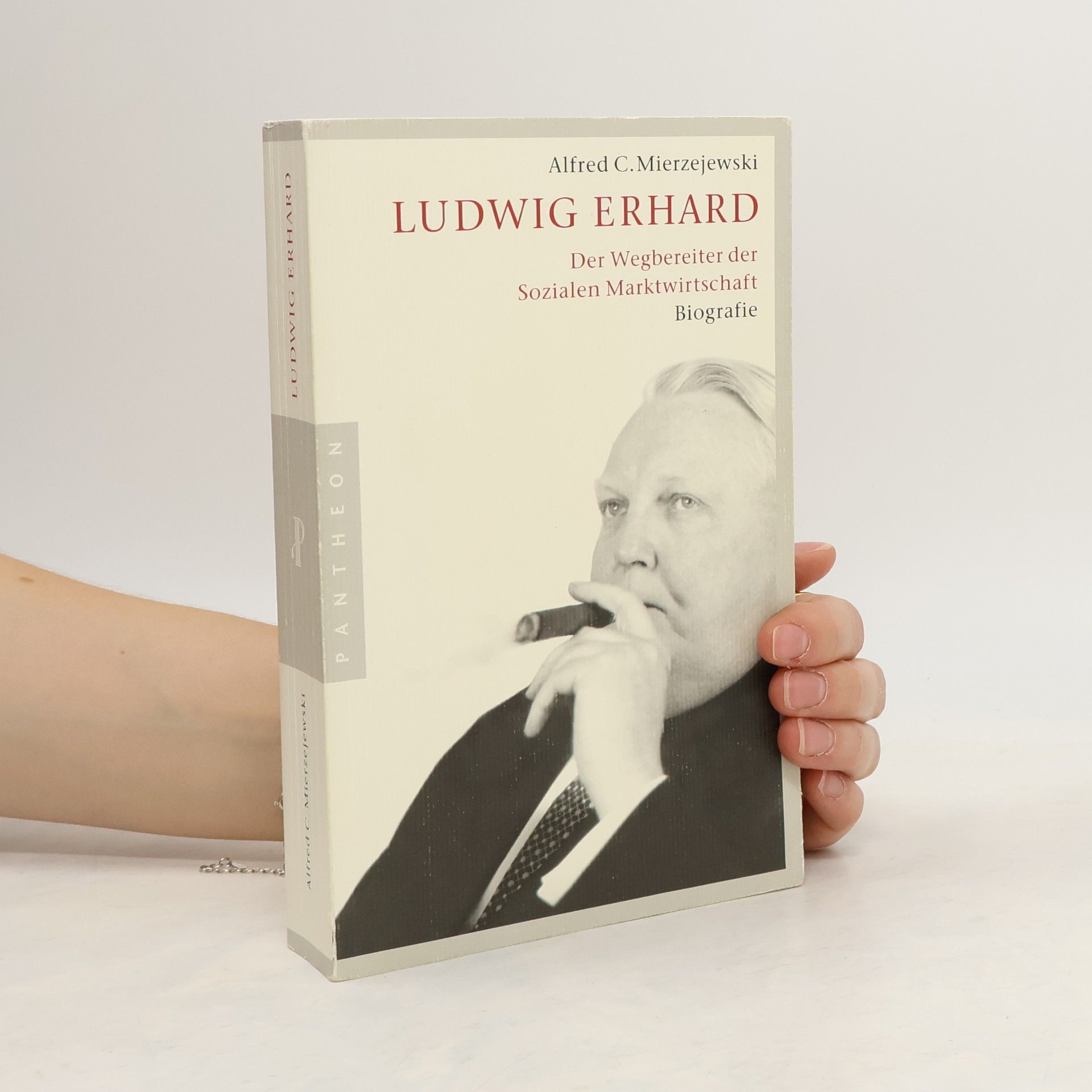The exploration of the decline of the welfare state boom in Western Europe during the mid-1970s reveals critical implications for contemporary workers and retirees. Alfred C. Mierzejewski analyzes the factors that led to this shift and its lasting impact, providing insights into the challenges faced by social policies today. The book highlights the historical context and economic conditions that contributed to the end of this era, making it a significant study for understanding current welfare dynamics.
Alfred C. Mierzejewski Book order (chronological)




The Most Valuable Asset of the Reich
A History of the German National Railway, Volume 2, 1933-1945
- 276 pages
- 10 hours of reading
Focusing on the Deutsche Reichsbahn during Hitler's regime, this volume provides an in-depth historical analysis of the national railway's role in Germany from 1920 to 1945. Alfred Mierzejewski explores the railway's significance amidst the political and social upheaval of the era, offering a detailed account of its operations and influence within the broader context of the capitalist world. This comprehensive history sheds light on how the railway was intertwined with the tumultuous events of the time.
The Most Valuable Asset of the Reich
A History of the German National Railway, Volume 1, 1920-1932
- 508 pages
- 18 hours of reading
Focusing on the Deutsche Reichsbahn, the largest enterprise in the capitalist world during 1920-1932, this detailed history by Alfred Mierzejewski explores its operations, finances, and significant political and social roles amidst Germany's turmoil. The book offers a sophisticated analysis that not only chronicles the railway's impact but also provides fresh insights into modern German economic and political history, making it a vital resource for understanding this pivotal organization.
Die außergewöhnliche Lebensgeschichte des Ludwig Erhard (1897-1977) in einer fesselnden neuen Darstellung. Als 'Vater des deutschen Wirtschaftswunders' gefeiert, ist er doch ein großer Unbekannter geblieben. Ludwig Erhard war stets ein unabhängiger Geist, der sich von niemandem vereinnahmen ließ. Auch als Politiker blieb er unbequem. Gerade heute ist von dem Wegbereiter der Sozialen Marktwirtschaft viel zu lernen. Ludwig Erhards Ideen stehen im Zentrum der aktuellen Reformdebatte.